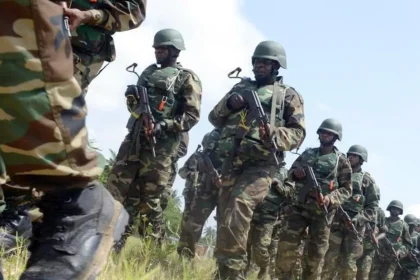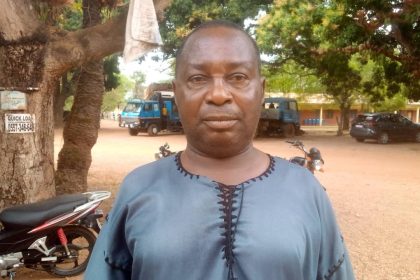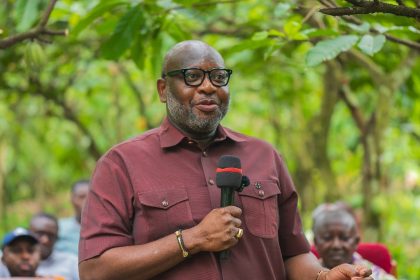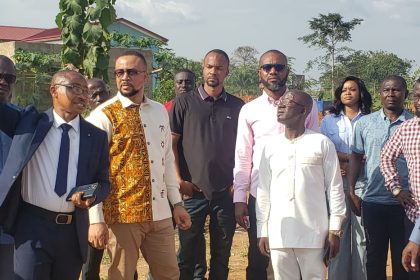The Rotary Club of Wa has commissioned six water facilities for six communities in three districts of the Upper West Region to help improve access to potable water.
They included five hand-pumped boreholes at the Kakalaazu and Nadowli-Ganga communities in the Nadowli-Kaleo District, Fian and Bussie-Nayirkori in the Daffiama-Bussie-Issa District and Samambo in the Wa West District, and a mechanised at Domangyili community also in the Wa West District.
Over 7,000 people, especially women and girls in those communities are expected to be relieved from the drudgery in accessing potable water, especially in the dry season.
The beneficiary communities, hitherto, either depended on dugouts and wells for water or trekked long distances to access water for domestic use.
Women and girls were the most affected in the water access challenge in those communities as they were responsible for providing water for their families.
However, the intervention by the Rotary Club of Wa, with funding from the Rotary Grant GG2352766 of the Rotary Foundation, had alleviated the water access challenge in those communities, restoring dignity in water access and use.
The expression of joy and thanksgiving among the people of the beneficiary communities during the commissioning was an indication of the long-awaited relief they anticipated.
Madam Clementia Saamaala, a resident, showing her appreciation at the Nadowli-Ganga community during the commissioning, said it had saved them from resorting to dugout for water, which exposed them to waterborne diseases.
At the Bussie-Nayirkori community, Madam Christian Boyor said women used to go through a lot of challenges in accessing water for their families, including waking up at dawn to queue at a well at the community for water.
“We used to wake up at dawn, by 4 A.M., to queue at the well for water … It used to generate quarrels among the women here.
“But with this borehole that Rotary Club has given us, you can wake up at any time and come and you will get water to fetch.
It has also helped end the petty quarrels among the women”, she explained.
Mr Jonathan Kwofie, the President of the Rotary Club of Wa assured the community of the Club’s commitment in facilitating their development through partnerships.
He said the communities were selected for the intervention after they conducted needs assessments and consultation with the community opinion leader, which revealed the water access challenge.
Mr Stephen Mwinkaara, the Service Project Director, Rotary Club of Wa, encouraged the community to maintain the facilities to ensure they lived their expected lifespan, which would attract other interventions to their communities.
The intervention was in relation to the Rotary International’s seven focused areas of impacting lives and improving livelihoods of people, especially the vulnerable and the deprived.
They are: peace and conflict prevention, disease prevention and treatment, water and sanitation, maternal and child health, basic education and literacy, economic and community development, and environmental protection.
GNA






